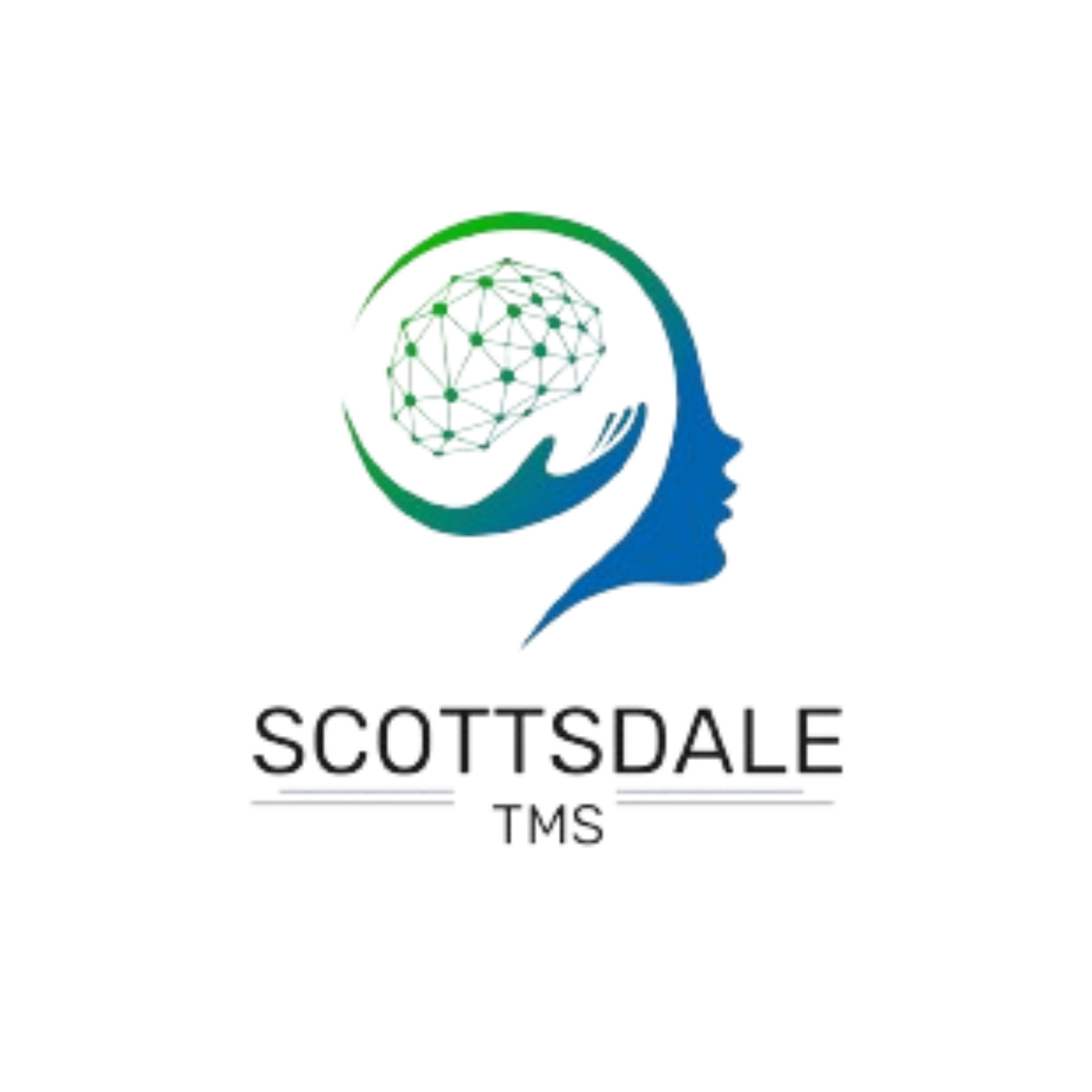TMS for OCD
Transcranial Magnetic Stimulation (TMS) has emerged as a promising treatment for obsessive-compulsive disorder (OCD), which affects approximately 2-3% of the global population. As a non-invasive, FDA-approved therapy, it offers new hope for individuals whose OCD symptoms have been resistant to traditional treatments like medication and cognitive-behavioral therapy.
TMS for OCD works by targeting specific brain regions linked to the disorder, helping to reduce the intensity of compulsive behaviors and intrusive thoughts. With growing evidence supporting its effectiveness, it is becoming an increasingly popular option for those seeking alternative solutions to manage their OCD.
Questions Answered in This Article:
Our Treatment Centers

Scottsdale Rehab
Luxury Personalized Rehab

Hart Rehab
Holistic Luxury Personalized Rehab

Scottsdale Detox
Luxury Medical Detox
What is TMS?
TMS, or Transcranial Magnetic Stimulation, is a non-invasive medical procedure that uses magnetic fields to stimulate specific areas of the brain. It is commonly used to treat mental health conditions like depression and OCD by targeting brain regions that affect mood and behavior. The treatment involves placing a magnetic coil on the head, which sends pulses to the brain to help improve symptoms.
What Does TMS Therapy Feel Like?
TMS therapy feels like a tapping sensation on the head where the magnetic coil is placed. Some people may feel mild discomfort or tingling during the session, but it is generally well-tolerated. There are no lasting sensations after the treatment, and you can resume normal activities immediately.
TMS for OCD Side Effects
While TMS therapy for OCD is generally considered safe and well-tolerated, it may cause some side effects in certain individuals. These side effects are typically mild and temporary, with most resolving shortly after treatment.
- Headache: A common side effect is mild to moderate headaches, usually caused by the stimulation of scalp muscles. These headaches often decrease over time and can be managed with over-the-counter pain relievers.
- Scalp Discomfort: Some individuals may experience scalp discomfort or a tingling sensation at the treatment site during or after the session. This discomfort is usually brief and diminishes after several treatments.
- Muscle Twitching: In rare cases, it can cause slight muscle twitches in the face or jaw during treatment. These twitches are harmless and stop once the session ends.
- Dizziness: A few patients may feel lightheaded or dizzy during or immediately after the session, but this usually passes quickly. It is advised to sit or rest briefly after treatment if dizziness occurs.
- Tinnitus (Ear Ringing): Occasionally, individuals report ringing in the ears (tinnitus) during or after treatment, especially if they are sensitive to the clicking sound of the machine. Using earplugs during sessions can help reduce this effect.
How Much Does TMS Cost?
The cost of TMS therapy can range from $300 to $500 per session, with a full course typically consisting of 20 to 30 sessions. This means the total cost can range between $6,000 to $15,000 depending on the number of treatments needed. Some insurance plans may cover the therapy, but it’s important to check with your provider beforehand.
Will TMS Work for Me?
TMS may work for you if traditional treatments like medication or therapy haven’t been effective in managing your symptoms. Its success varies, but many people with conditions like depression or OCD experience significant improvement after therapy. However, results depend on individual factors, so it’s important to consult with your doctor to see if it is a suitable option for you.
Who Should Not Receive TMS Treatment?
While TMS is generally safe for most people, certain individuals may not be suitable candidates for the therapy. Below are some specific conditions and situations where it is not recommended.
- Metal Implants: Individuals with metal implants or devices in or around the head, such as cochlear implants or aneurysm clips, should avoid this therapy as the magnetic fields may interfere with these devices.
- Pacemakers: People with pacemakers or other implanted electronic devices may be at risk, as it can disrupt the function of these devices.
- History of Seizures: Those with a history of seizures or epilepsy may not be eligible for the therapy, as the treatment could potentially increase the risk of seizure activity.
- Severe Neurological Conditions: Individuals with certain severe neurological conditions, such as traumatic brain injury, may not be suitable candidates for TMS due to potential complications.
- Pregnancy: While the effects of the treatment on pregnancy are not fully understood, it is generally recommended that pregnant women avoid the treatment as a precaution.
TMS for OCD Near Me
If you or someone you know is struggling with depression or OCD, it’s important to seek help promptly. Our Scottsdale TMS Therapy offers comprehensive care for those looking for relief.
Our skilled team is committed to creating personalized treatment plans tailored to your needs. Reach out to us today to begin your path to lasting improvement.

